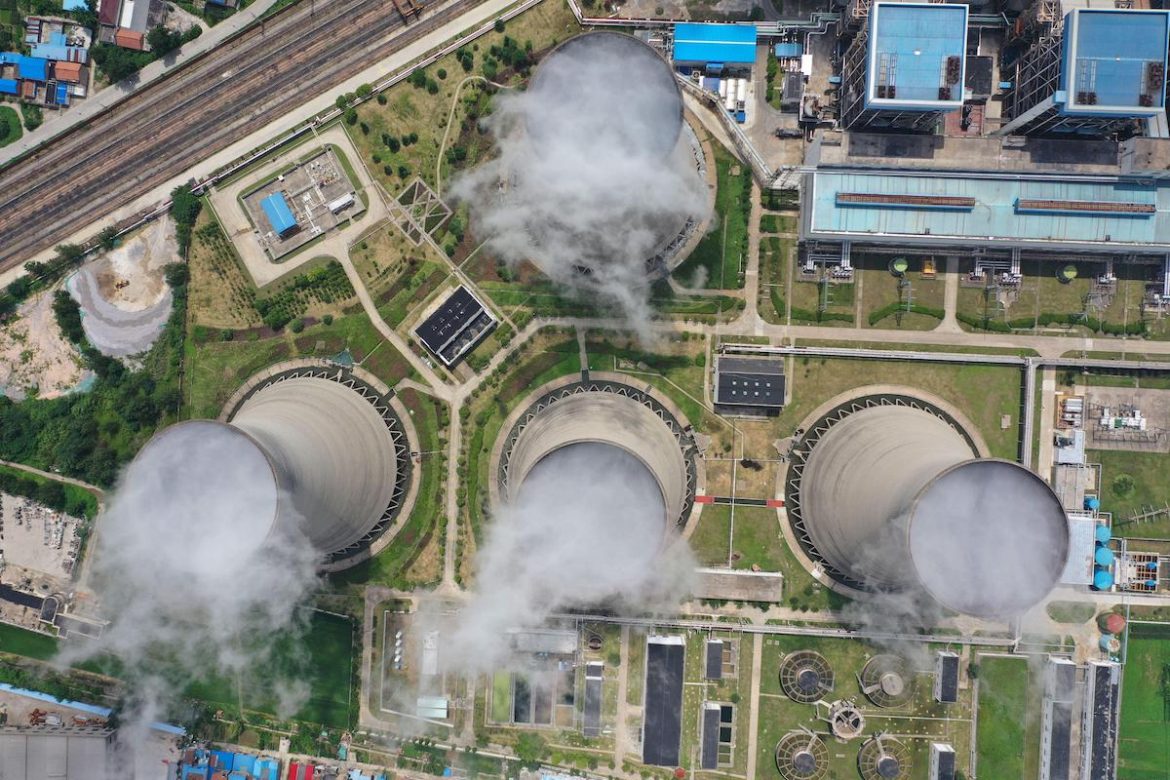Analysts at Refinitiv, an American-British global provider of financial market data and infrastructure, on Tuesday said that the value of traded global markets for carbon dioxide (CO2) permits reached a record 850 billion euros ($909 billion) last year.
The value of the markets rose by 14% as prices for permits were much higher during the fiscal year but only about 12.5 billion tonnes of carbon permits changed hands in the world’s emissions markets, which is 20% less than the previous year.
The EU’s Emissions Trading System (EU ETS) was worth around 751 billion euros last year, up 10% from the previous year and representing 87% of the global total.
The price of carbon permits on the EU ETS averaged over 80 euros a tonne last year, 50% higher than the year before and prices in British and North American markets were also higher than in 2021 as energy prices surged following the war in Ukraine.
Read also: India plans to promote green tourism during G20 presidency
Last year, EU lawmakers also worked to reform the EU ETS as part of its efforts to tighten climate policies and agreed to cut the number of permits in the system, which was also bullish for prices.
“All eyes will be on the implementation of this legislation in 2023, with a massive one-off reduction in allowances scheduled for 2024,” Refinitiv analysts said. “On the flip side, sales of extra allowances to finance the REPowerEU plan will inject additional supply and thus weigh on prices. Gas prices will remain an important driver for EU ETS prices in 2023,”.
The REPowerEU plan is aimed at reducing the bloc’s reliance on Russian energy supplies and involves selling extra EU carbon permits to fund itself. The two regional carbon markets in North America – the Western Climate Initiative and the Regional Greenhouse Gas Initiative – were worth over 60 billion euros combined last year, the report said.
China’s national emissions trading scheme was worth 504 million euros last year, down 61% from the previous year. The scheme saw limited trading as its development was slowed by other priorities, such as the COVID-19 pandemic, and as the government did not release a new permit allocation plan.
Story was adapted from Reuters.
